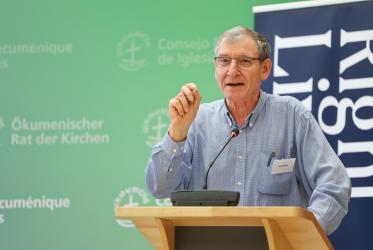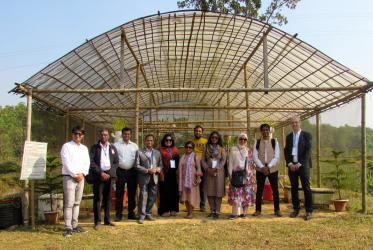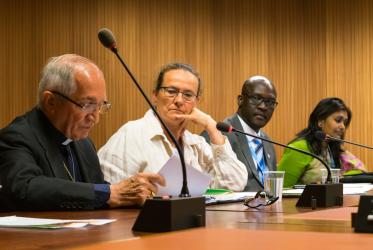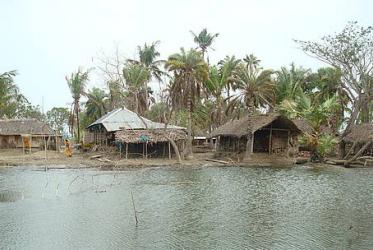Displaying 1 - 17 of 17
Climate crisis fuels existing water injustice
27 October 2021
In pictures: Week of Prayer for Christian Unity
01 February 2021
Churches should use their voice on climate change
26 February 2020
CCIA meets in Brisbane with focus on Pacific regional priorities
19 February 2020
Church response to Australian bushfires hinges on preparation
07 January 2020
Workshop in Bangladesh links climate, economic justice
07 February 2019
#WCC70: A story of how we meet together
02 February 2018
Indigenous spirituality: can it transform injustice into justice?
01 September 2016
Prayers, reflections and action during “Time for Creation”
15 September 2014
Time to pray for God’s creation
02 September 2013










